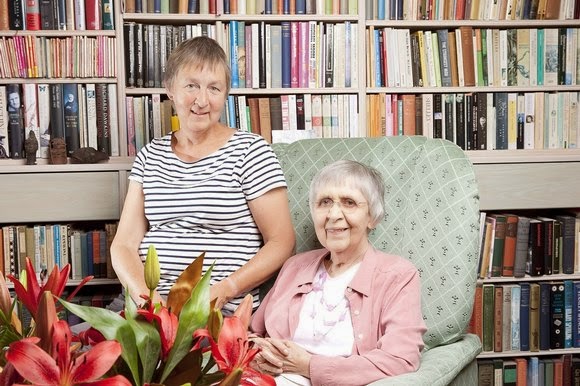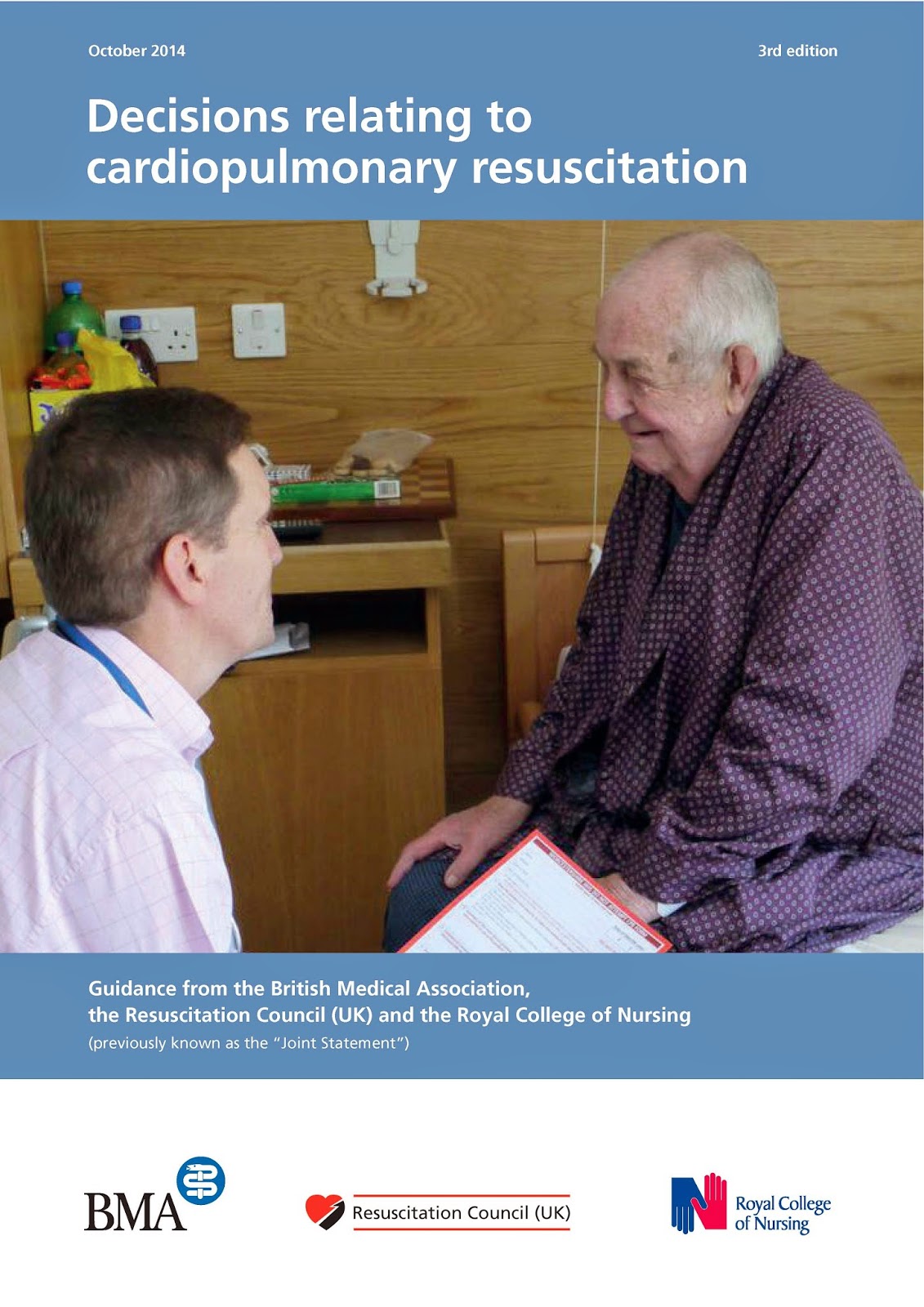 In development since April, "Death Class" has finally landed at NBC, according to the Hollywood Reporter.
In development since April, "Death Class" has finally landed at NBC, according to the Hollywood Reporter.The drama will center on Norma Bowe, a nurse who decides to teach a new class on death and dying at a New Jersey college. Unexpectedly, the class becomes immensely popular among students and helps many of them to cope with their personal and family problems.

The drama is adapted from the book "Death Class: A True Story About Life" by Erika Hayasaki. This description of the book appears applicable to the TV show: "Year after year, Norma Bowe faces a waiting list of students wanting to get into her death class at a college in New Jersey. Beyond the probing about last wills and good-bye letters and class trips to mortuaries and cemeteries is the underlying truth that a good, long stare at death can trigger a deeper appreciation of life."
"Death Class" will star Jennifer Carpenter as teacher Norma Bowe.



















_Page_1.jpg)


















